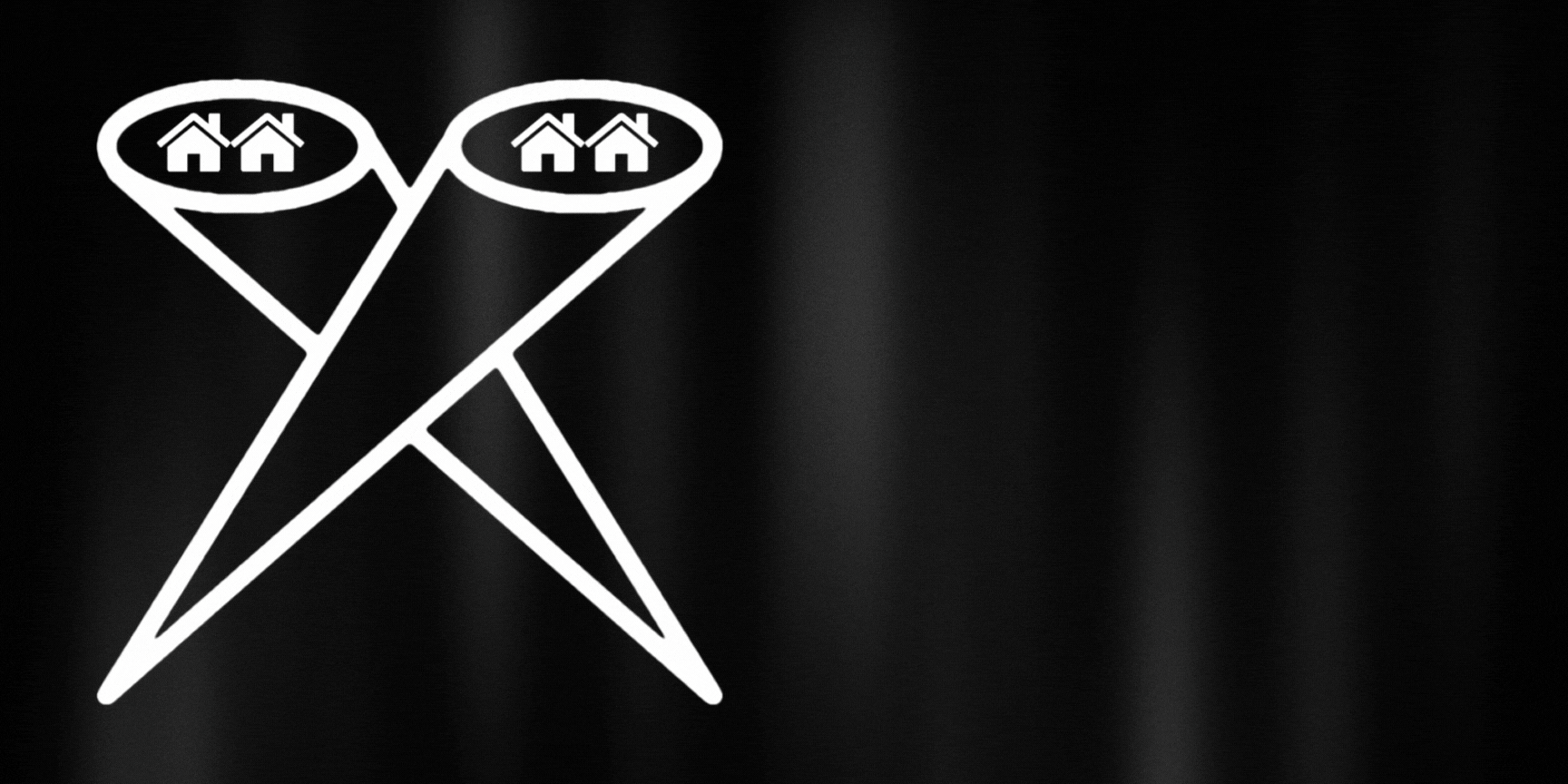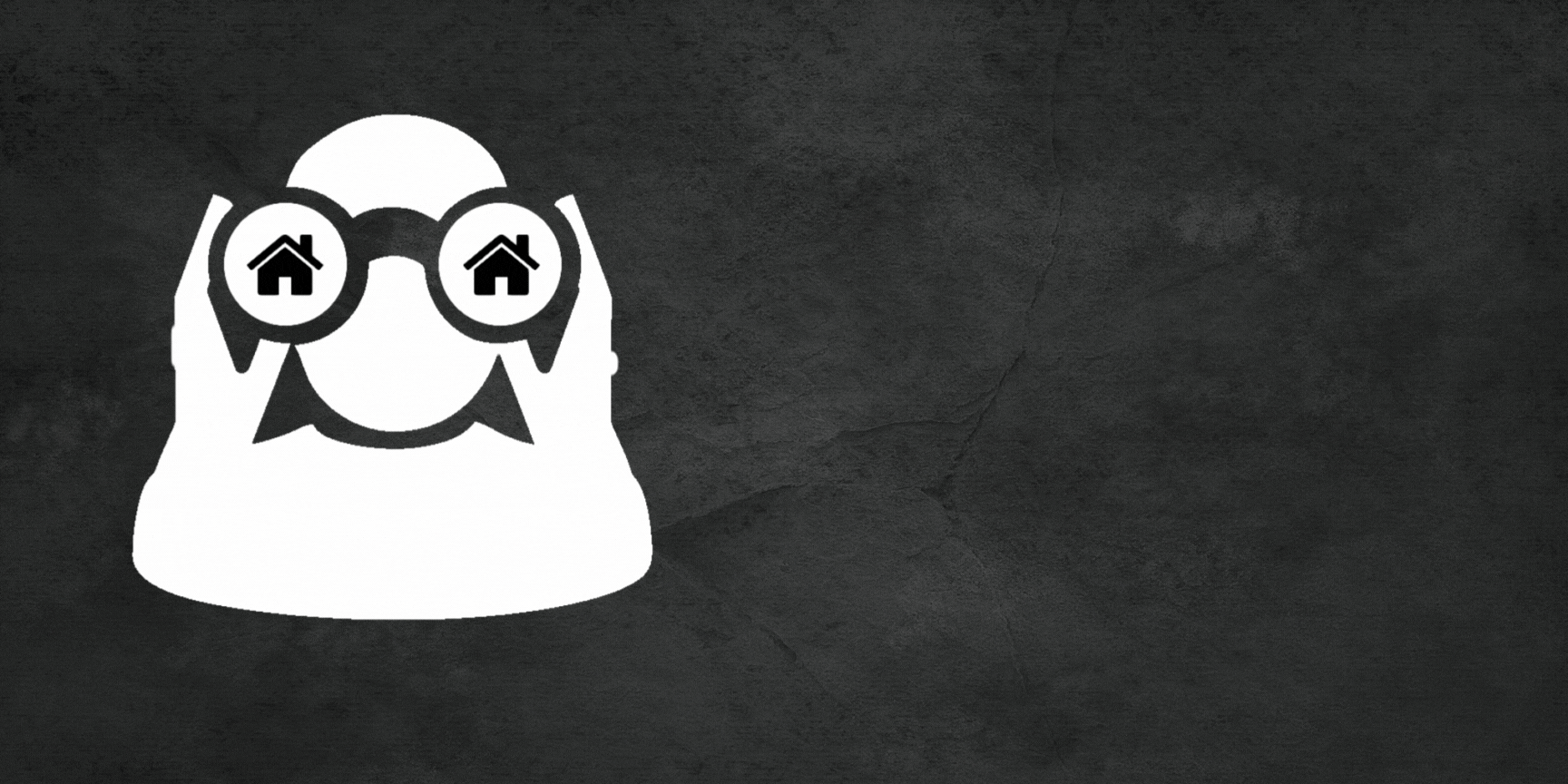Buying a home is an exciting and challenging process. It’s an opportunity to find a place that suits your needs and reflects your personality. However, it’s important to proceed with caution and not let your excitement overshadow crucial details that could lead to bigger problems in the future. To help you navigate the house hunting process, we’ve compiled a list of seven potential red flags to watch out for before you set your heart on any property.
1. Limited Interior Photos in the Listing
When browsing through online listings, pay attention to the number of interior photos provided. If you only see a few photos or certain rooms are excluded, it could be a major red flag. Sellers typically want to present their homes in the best possible light, so an insufficient number of photos might indicate that there’s something to hide. Before scheduling a tour, ask your REALTOR for more photos to get a better sense of the property.
2. High Number of Homes for Sale in the Neighborhood
Take note of the number of homes for sale in the neighborhood. While having options is great, an excessive amount of properties on the market could be cause for concern. It’s worth investigating why so many homeowners are selling. Are there rising crime rates or noise issues from a nearby highway? Researching the area’s crime statistics, school information, and demographic data can provide valuable insights before making a decision.
3. Unusually Low Selling Price
A home priced significantly below market value might seem like a bargain, but it could be a red flag. A low price could indicate underlying issues with the property or its location. Before rushing to make an offer, consult your realtor to understand why the price is so low. You don’t want to end up with a money pit that requires expensive repairs in the future.
4. Strange Odors Inside and Outside the Home
Your sense of smell is a powerful tool during a house tour. Pay attention to any unusual odors both inside and outside the property. Funky or unpleasant smells could be signs of mold, plumbing issues, water damage, HVAC problems, pests, or poor ventilation. Additionally, be cautious if the seller has an excessive amount of air fresheners or scented candles, as they might be masking underlying issues. Don’t forget to check closets, cabinets, basements, and crawl spaces for any potential warning signs.
5. Cracks in the Foundation
During your property inspection, keep an eye out for cracks in the foundation. Hairline cracks are normal as a house settles over time, but larger cracks or bulges in walls and floors could indicate serious structural or foundation issues. Repairing these problems can be costly, so it’s essential to address them before becoming a homeowner.
6. Poor Drainage and Water Damage
Inspect the property for signs of poor drainage and water damage. Look for pooling water near the foundation or in the yard, as it may suggest gutter problems that could lead to mold and water issues inside the home. Overflowing gutters, water stains on walls and ceilings, and leaky faucets or pipes are all potential red flags. If the property is in a flood zone, check its history of flooding before making a decision.
7. Insect Infestations and Pest Damage
Purchasing a home with a pest problem can be a nightmare. While touring the property, keep an eye out for signs of infestations. Look for dead bugs, piles of droppings, evidence of bed bugs, termite mud tunnels, or signs of rodent nesting. Wood-destroying pests can cause significant damage, resulting in expensive repairs. Consider hiring a professional pest inspection to ensure you’re not buying a property with unwelcome creatures.
By being vigilant and aware of these potential red flags, you can make a more informed decision when house hunting. Remember, buying a home is a significant investment, and it’s crucial to prioritize your long-term satisfaction and financial well-being. Don’t hesitate to consult with professionals, such as real estate agents and inspectors, to ensure you’re making the right choice.




